It took several DNA tests to confirm the identity of Ukrainian journalist Viktoriia Roshchyna, who was killed in Russian captivity last fall.
Roshchyna, 27, disappeared in August 2023 while reporting from Ukraine's Russian-occupied territories, with Moscow acknowledging her detention the following year.
Ukraine was devastated by the news of her death, which was followed by a five-month delay in the return of her body by Russia.
On April 24, however, lawmaker Yaroslav Yurchyshyn, who chairs the parliamentary committee on freedom of speech, said that her body had been returned in late February, but the news was withheld due to uncertainty over her identity.
"Given the signs of torture and the condition of the body, Roshchyna's family requested not just one but several DNA tests. As far as I know, the tests were conducted both in Ukraine and abroad to conclude with certainty that it was indeed Viktoriia," Yurchyshyn wrote on Telegram.
"Russians killed the 27-year-old journalist after unlawfully detaining and torturing her for an extended period," he said.
After launching a full-scale invasion of Ukraine in February 2022, Russia has increased its assault on press freedom, deliberately targeting Ukrainian journalists with attacks and abducting media workers in occupied territories in an attempt to control the narrative. Throughout the full-scale invasion, journalists have played a crucial role in spotlighting Russia’s brutal war, documenting its war crimes and their aftermath.
As of April 24, Russia has committed 833 crimes against journalists and the media in Ukraine, according to the Institute of Mass Information (IMI). One hundred two media workers have been killed, including both those on assignment and those who had joined Ukraine's Armed Forces.
At least 30 Ukrainian journalists remain in Russian captivity as of April, IMI reported, with little known about their health conditions or whereabouts. Multiple reports have revealed that Ukrainian prisoners of war (POWs) are tortured and killed while in Russian captivity.
"Russia does this deliberately. It eliminates and silences journalists," says Kateryna Diachuk, head of the Freedom of Speech Monitoring Department at IMI.
Torture and fabricated cases
When Russia occupies a new settlement, one of its first actions is targeting individuals who could resist the occupation, including journalists.
"Russian troops have lists of journalists, activists, and war veterans, and they look for people on those lists when occupying a territory," Diachuk says.
Ukrainian journalist and poet Oleksandr Hunko, who was briefly detained in occupied Nova Kakhovka in April 2022, says that FSB (Russian Federal Security Service) officers asked him about other local journalists during interrogations.
To hold journalists in captivity, Russia fabricates cases against them, often accusing them ofextremism, espionage, and sabotage.
Dmytro Khyliuk, a journalist with the UNIAN news agency, was kidnapped alongside his father from their home in Kyiv Oblast in March 2022, while the area was under Russian occupation.
While Khyliuk's father was later released, Russia accused the journalist of communicating with the Ukrainian military and put him in a penal colony in Russia’s Vladimir Oblast.
According to a recent report by Reporters Without Borders (RSF), citing a man who spent a year in the same prison cell as Khyliuk, the journalist is being subjected to torture and humiliation, with his current weight reportedly "no more than 45 kilograms."
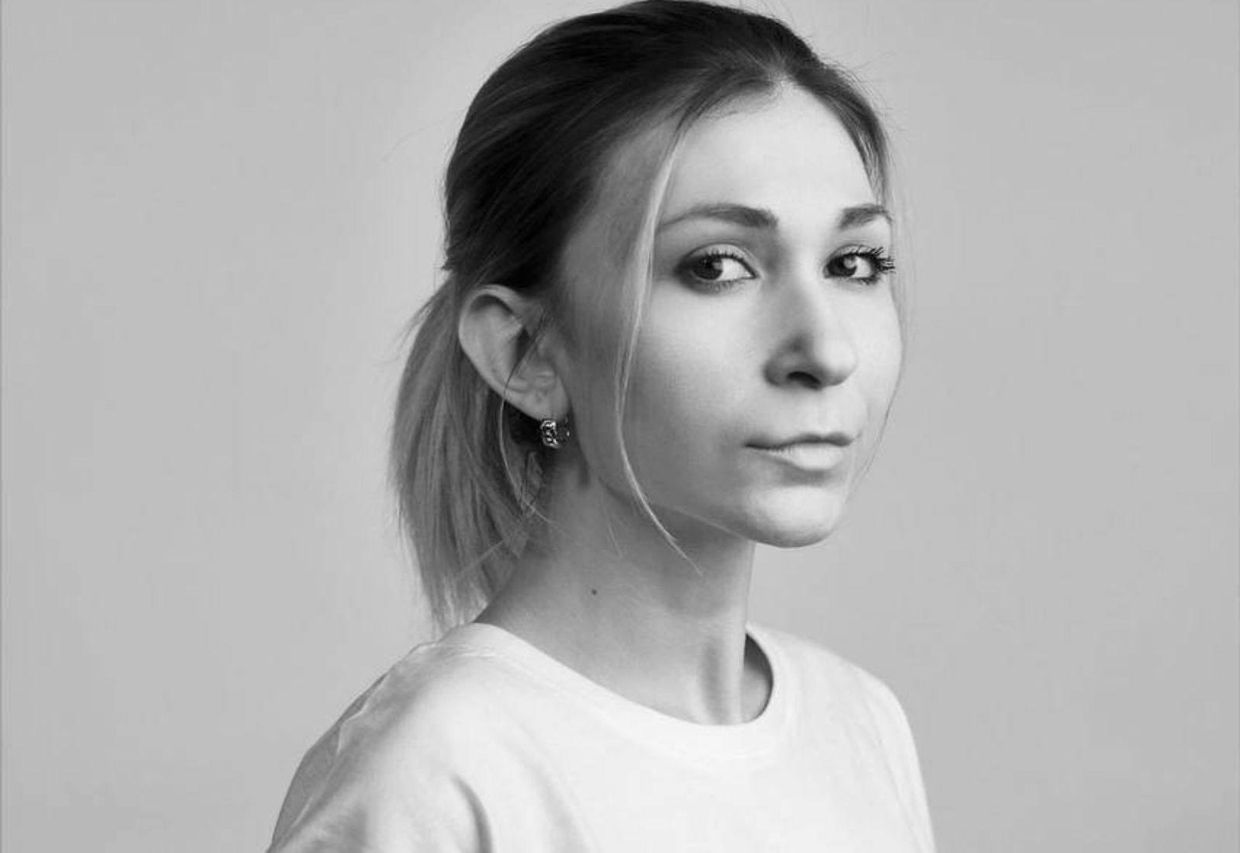
Another Ukrainian journalist, Iryna Danylovych, was abducted in occupied Crimea. She was sentenced to seven years in prison for "illegal possession of explosives" and transferred to a penal colony in Russia.
Recent reports also indicate that her health has declined while in captivity: According to the Crimean Tatar Resource Center NGO, 45-year-old Danylovych "lost hearing in her left ear." In addition, "the left side of her body is numb following a micro-stroke, and she constantly complains of heart issues and headaches."
Russian troops also target retired journalists and the relatives of media workers, just like the family of Iryna and Oleksandr Levchenko from the occupied part of Zaporizhzhia Oblast.
According to the Media Initiative for Human Rights, 62-year-old Iryna is a retired journalist. She and her husband were kidnapped in their hometown of Melitopol in May 2023, with few details known about them since then.
"Russians do not give access to journalists in captivity," Diachuk says.
Details about Roshchyna's captivity remained largely unknown, too. According to the Media Initiative for Human Rights, Roshchyna had been held in at least two notorious Russian prisons: the penal colony №77 in Berdiansk in occupied Ukraine and the detention center №2 in Russia's Taganrog. Both facilities are known for the use of torture against prisoners.
She was tortured with electric shocks while in Russian captivity, Ukrainian investigative journalism outlet Slidstvo.Info reported in early March, citing an unnamed witness in the Taganrog detention center.
There were also cuts on Roshchyna's arms after interrogations, the witness said. The journalist lost weight and weighed up to 30 kilograms, according to the witness. The cause of her death is yet to be established.
Roshchyna reportedly died on Sept. 19, marking the first known death of a Ukrainian journalist in Russian captivity.
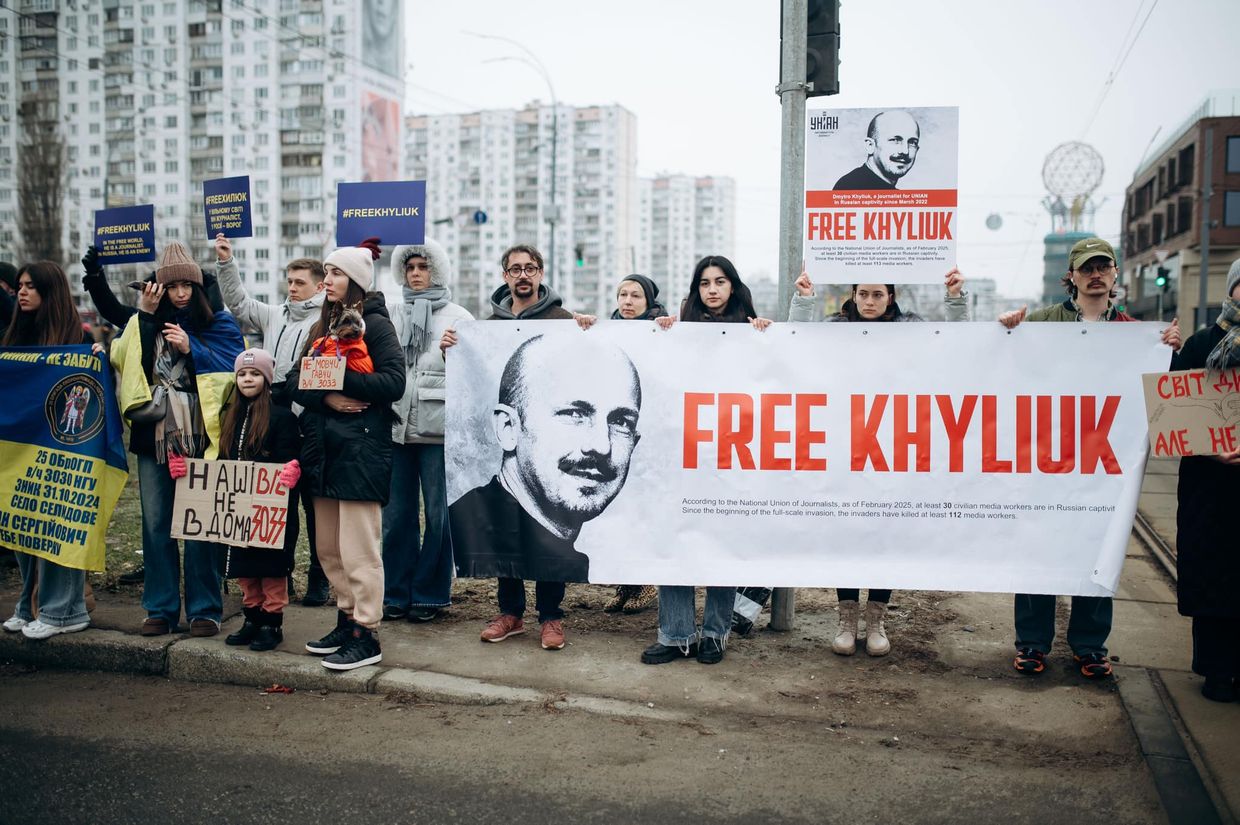
"Vika was a young, 27-year-old woman. And what did Russia do to her that she died just one year later?" Diachuk says.
As civilians, Ukrainian journalists are trapped in legal limbo, as international law prohibits the capture and exchange of civilians for prisoners of war, with only two of them liberated since the start of the full-scale invasion, according to IMI: Nariman Dzhelyal, a Crimean Tatar journalist and politician, as well as Maksym Butkevych, Ukrainian journalist and human rights activist.
"Ukrainians in Russian captivity are like insects frozen in amber. Time has stopped for them, but it's important for all of them to know that everything possible is being done to secure their release," Butkevych said during a meeting with Zelensky days after his release from captivity on Oct. 18.
Russia began targeting Ukrainian journalists long before the full-scale invasion. First reports of media workers being kidnapped, attacked, or detained emerged shortly after the annexation of Crimea and the start of the war in Donetsk and Luhansk oblasts in 2014.
According to Oksana Romaniuk, the head of IMI, over 100 journalists, both Ukrainian and foreign, have been detained by Russia since 2014.
"But those detentions were not as long as the current ones," says Diachuk.
But some of the journalists detained between 2014 and 2021 still remain in captivity. Most of them are Crimean Tatars – the indigenous people of occupied Crimea.
Among them are journalists and activists Oleksii Bessarabov and Dmytro Shtyblikov who were detained in occupied Crimea and both accused of espionage in 2016. As a result of a fabricated trial, the two were sentenced to 14 years behind bars, according to IMI.
"What Russia is doing is undoubtedly a crime. I would say it is a crime of genocide, as we see the filtering of citizens based on specific criteria," says Romaniuk, as quoted by IMI.
"Journalists document Russia's crimes. They capture historical moments. And disseminating this truthful information to the world is not beneficial for Russia because it does not want to show that it is committing crimes," says Diachuk.
Note from the author:
Hi! Daria Shulzhenko here. I wrote this piece for you. Since the first day of Russia's all-out war, I have been working almost non-stop to tell the stories of those affected by Russia’s brutal aggression. By telling all those painful stories, we are helping to keep the world informed about the reality of Russia’s war against Ukraine. By becoming the Kyiv Independent's member, you can help us continue telling the world the truth about this war.
Crimean Tatar freed from Russian captivity: ‘Recognizing Russia’s control of Crimea would legitimize crime’
For nearly two years in Russian captivity, Leniie Umerova clung to a single hope: that one day, she would return home — to Crimea. “I thought about Crimea all the time,” Umerova told the Kyiv Independent. “I dreamed of going there without the permission of the occupying forces, without going through

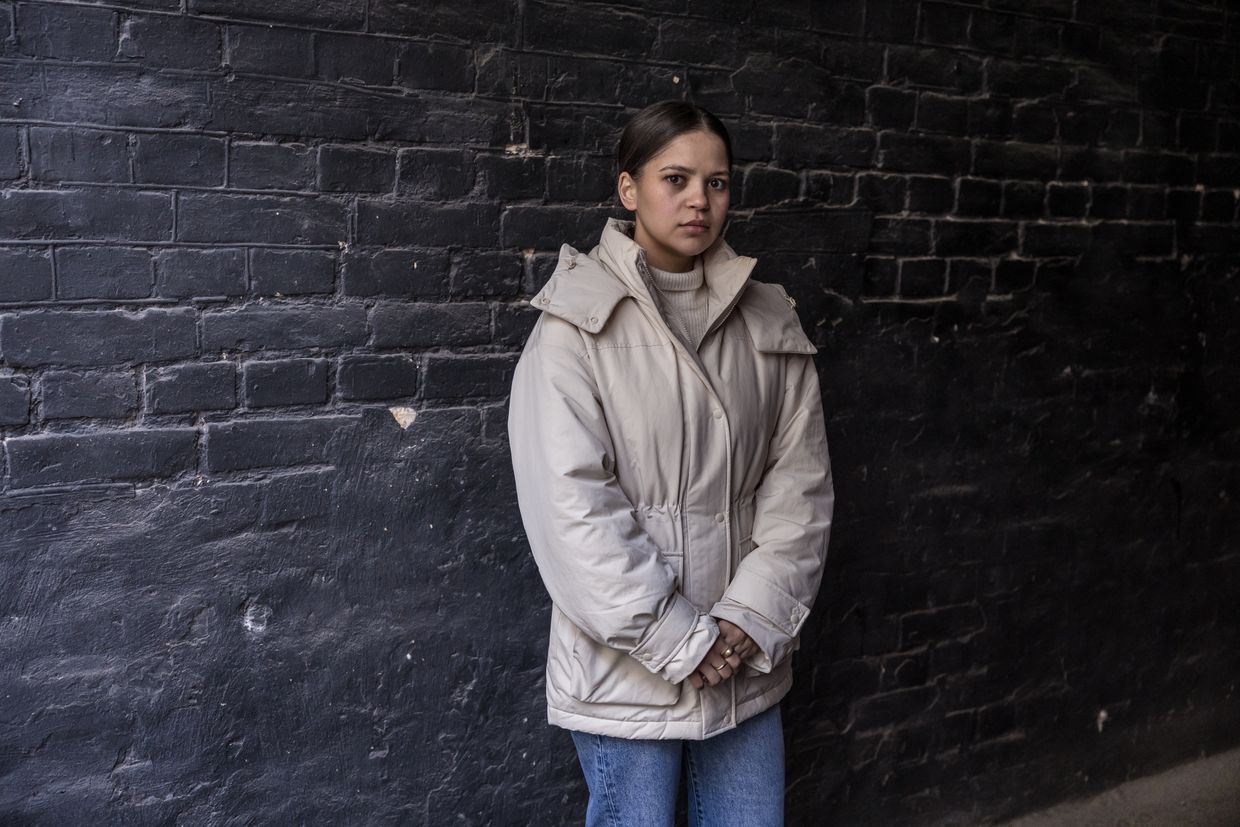
.png)
 German (DE)
German (DE)  English (US)
English (US)  Spanish (ES)
Spanish (ES)  French (FR)
French (FR)  Hindi (IN)
Hindi (IN)  Italian (IT)
Italian (IT)  Russian (RU)
Russian (RU)  8 hours ago
1
8 hours ago
1
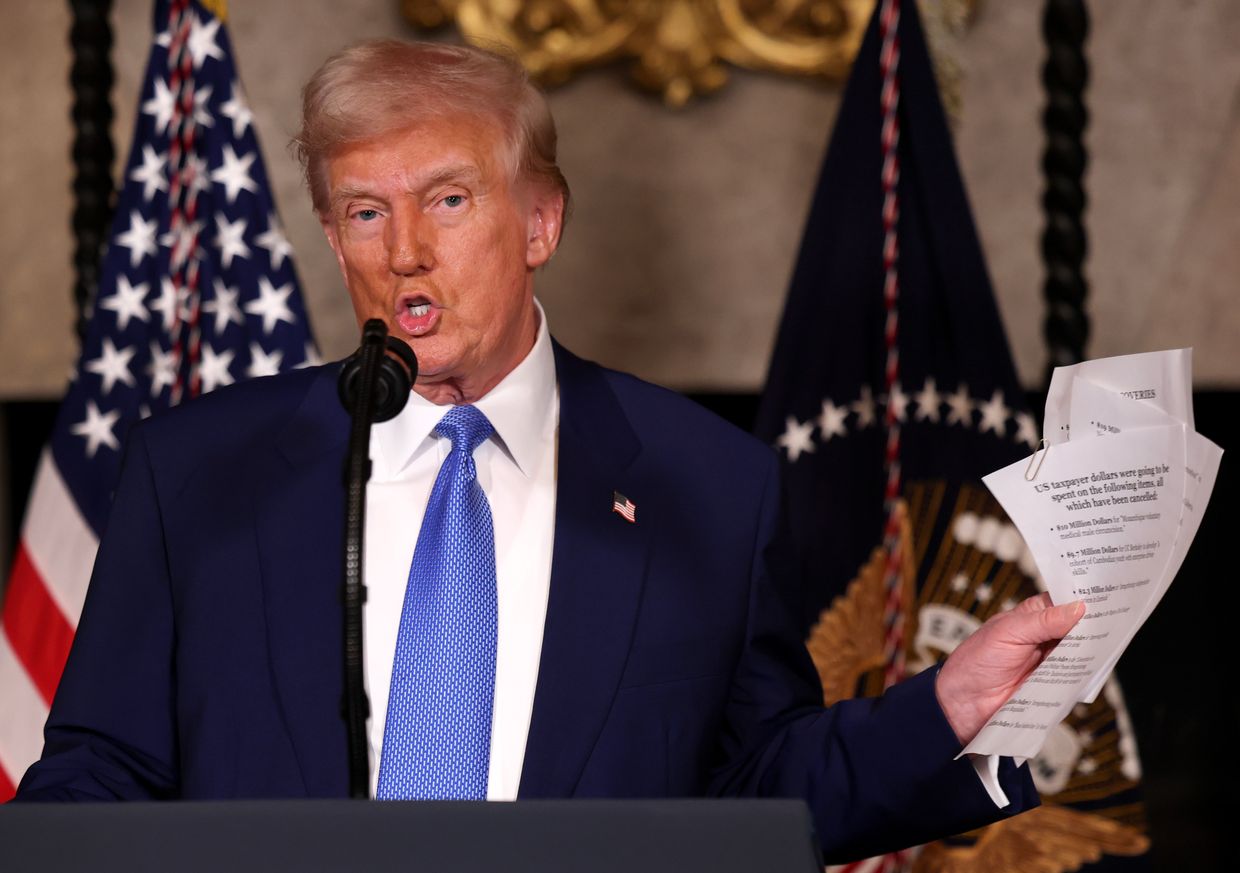
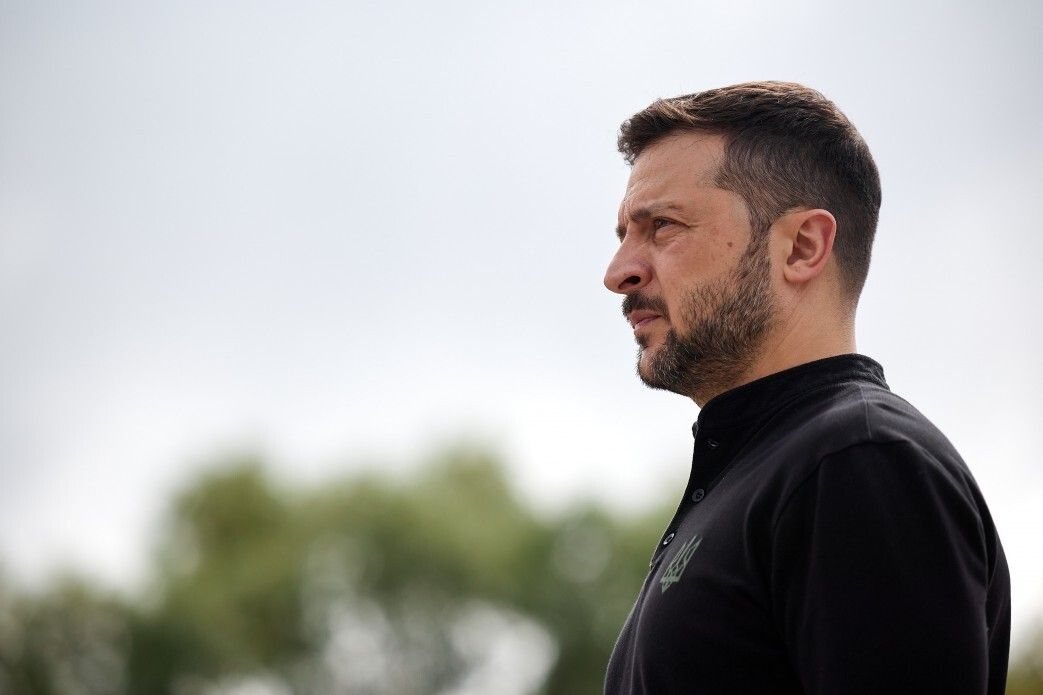
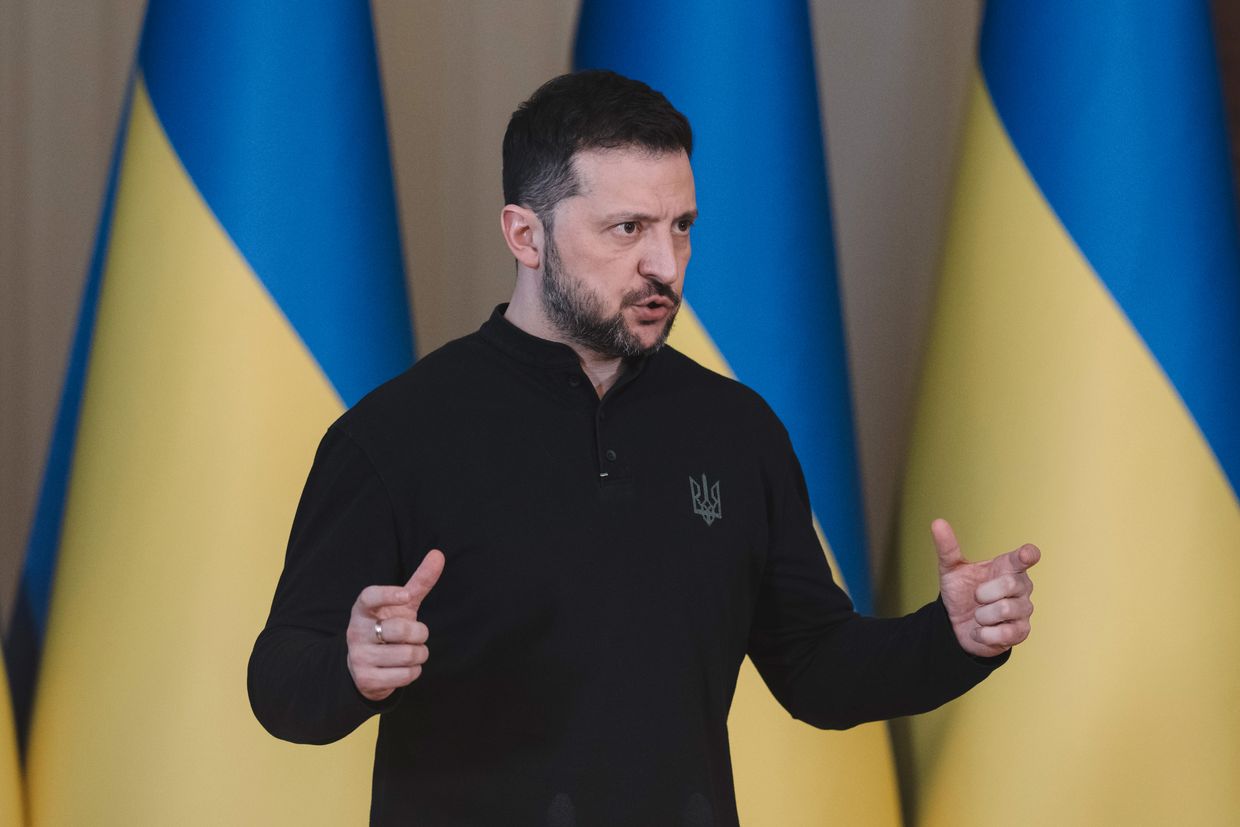
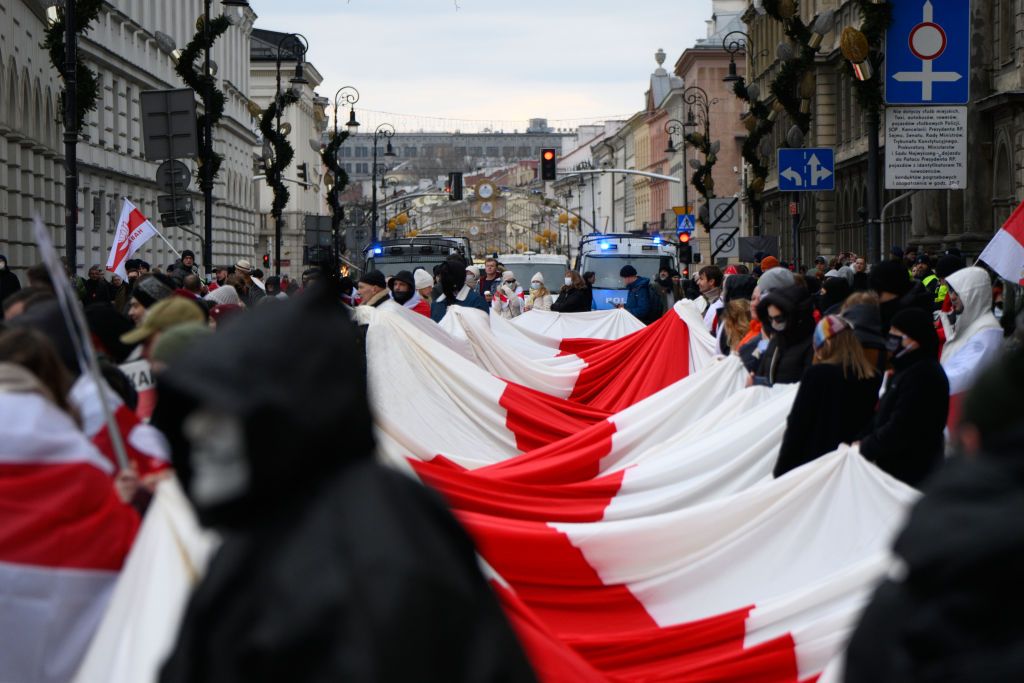




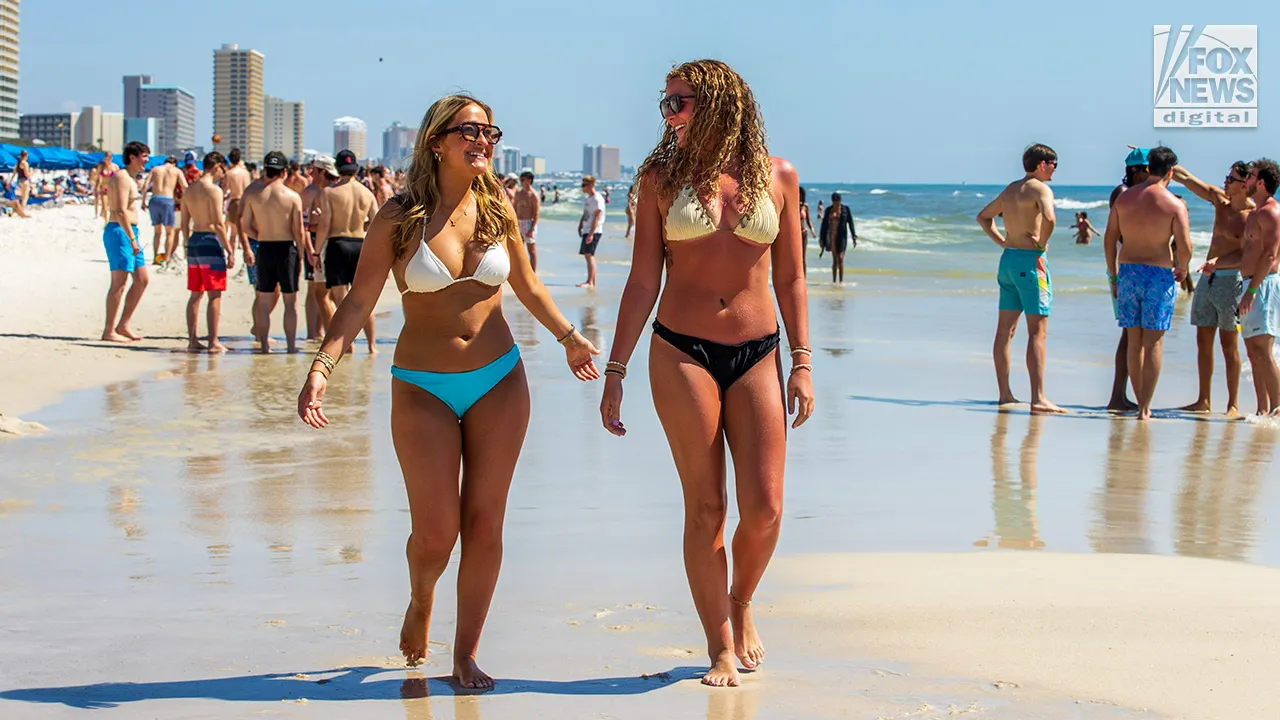
Comments